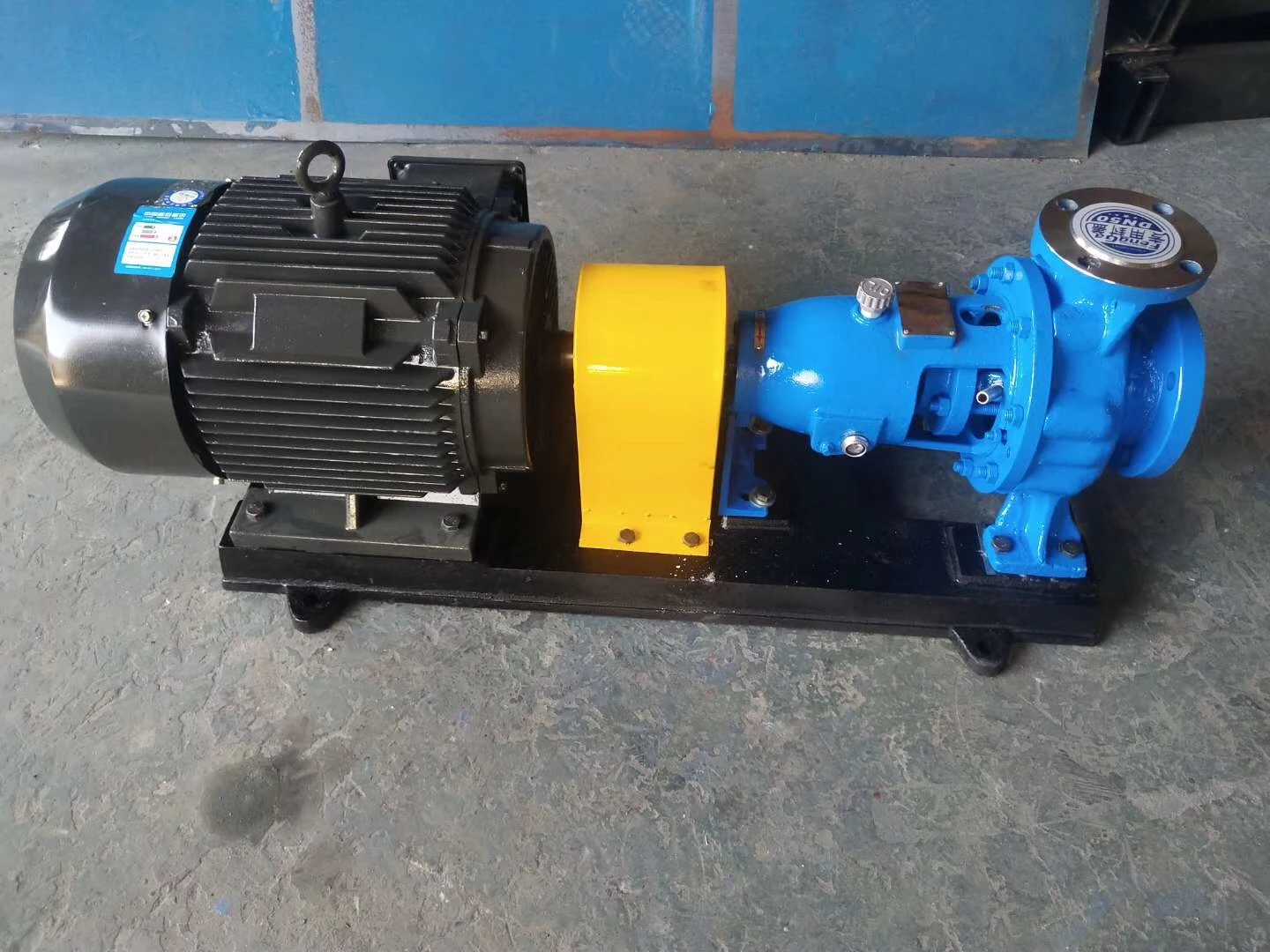English
- Afrikaans
- Albanian
- Amharic
- Arabic
- Armenian
- Azerbaijani
- Basque
- Belarusian
- Bengali
- Bosnian
- Bulgarian
- Catalan
- Cebuano
- Corsican
- Croatian
- Czech
- Danish
- Dutch
- English
- Esperanto
- Estonian
- Finnish
- French
- Frisian
- Galician
- Georgian
- German
- Greek
- Gujarati
- Haitian Creole
- hausa
- hawaiian
- Hebrew
- Hindi
- Miao
- Hungarian
- Icelandic
- igbo
- Indonesian
- irish
- Italian
- Japanese
- Javanese
- Kannada
- kazakh
- Khmer
- Rwandese
- Korean
- Kurdish
- Kyrgyz
- Lao
- Latin
- Latvian
- Lithuanian
- Luxembourgish
- Macedonian
- Malgashi
- Malay
- Malayalam
- Maltese
- Maori
- Marathi
- Mongolian
- Myanmar
- Nepali
- Norwegian
- Norwegian
- Occitan
- Pashto
- Persian
- Polish
- Portuguese
- Punjabi
- Romanian
- Russian
- Samoan
- Scottish Gaelic
- Serbian
- Sesotho
- Shona
- Sindhi
- Sinhala
- Slovak
- Slovenian
- Somali
- Spanish
- Sundanese
- Swahili
- Swedish
- Tagalog
- Tajik
- Tamil
- Tatar
- Telugu
- Thai
- Turkish
- Turkmen
- Ukrainian
- Urdu
- Uighur
- Uzbek
- Vietnamese
- Welsh
- Bantu
- Yiddish
- Yoruba
- Zulu
Telephone: +86 13120555503
Email: frank@cypump.com
Nov . 27, 2024 23:34 Back to list
Efficient Wastewater Pump Solutions for Reliable Drainage and Treatment
Understanding Sewage Pumps Essential Components for Waste Management
Sewage pumps, also known as wastewater pumps, are pivotal components in the realm of plumbing and waste management. These pumps play a crucial role in ensuring that sewage and wastewater are efficiently transported from homes, commercial establishments, and industrial sites to treatment facilities or septic systems. With the increasing urbanization and the growing population, understanding the importance and functionality of sewage pumps is more relevant than ever.
What is a Sewage Pump?
A sewage pump is a type of pump specifically designed to handle the disposal of wastewater that contains solid waste materials. Unlike standard sump pumps, sewage pumps are robust enough to manage the larger volumes and more abrasive materials often found in sewage water. They are typically submersible pumps, which means they are installed in a basin or pit that collects sewage, enabling them to pump out the waste with efficiency and ease.
Types of Sewage Pumps
There are primarily two types of sewage pumps submersible sewage pumps and centrifugal sewage pumps
.1. Submersible Sewage Pumps These pumps are designed to be submerged in the sewage they are pumping. They operate underwater and are equipped with a sealed motor to prevent water from coming into contact with electrical components. Their design allows them to effectively handle solids and debris without clogging.
2. Centrifugal Sewage Pumps These pumps use a rotating impeller to create centrifugal force, which moves waste material through the unit. They are often used in larger applications where high flow rates are required. Centrifugal pumps can be either horizontal or vertical, depending on the configuration of the pumping system.
How Sewage Pumps Work
Sewage pumps work by moving sewage from a lower elevation (like a basement or a pit) to a higher elevation, or through a series of pipes to a treatment facility. When sewage collects in the holding tank, it reaches a certain level, activating the pump. Once activated, the pump forces the waste through pipes and out to the designated disposal area.
sweage pump

These pumps can handle solid waste materials such as food remnants, paper products, and human waste, which are usually troublesome for other types of pumps. Technically, they are designed to manage solids up to a certain diameter, adequately handling typical household waste.
Applications of Sewage Pumps
Sewage pumps are essential in various applications, including
- Residential Uses In homes, sewage pumps are often required for basements where gravity drainage is not possible. They are essential for ensuring that waste from bathrooms, laundry, and kitchens is efficiently removed. - Commercial Applications Restaurants, hotels, and commercial buildings use sewage pumps to manage wastewater effectively. These establishments often produce larger volumes of waste and require more robust solutions.
- Industrial Use Factories and processing plants produce complex wastewater containing chemicals and larger solids. As such, industrial sewage pumps are designed to handle a more challenging environment.
Maintenance and Considerations
Maintaining sewage pumps is crucial for their longevity and efficiency. Regular cleaning, inspection of mechanical parts, and monitoring the operational efficiency can prevent clogging and prolong the pump's life. It's also essential to ensure that the sewage pump is appropriately sized for its intended application. A pump that is too small can lead to frequent failures, while an oversized pump can lead to unnecessary energy consumption.
Conclusion
In summary, sewage pumps are an indispensable part of modern waste management systems. They facilitate the safe and efficient disposal of wastewater, preventing potential health hazards and environmental issues. As urban areas continue to expand, and as the population increases, the importance of understanding and utilizing sewage pumps will only grow. Investing in quality sewage pumps and maintaining them effectively ensures that communities can manage wastewater responsibly, thus contributing to public health and environmental sustainability.
-
Horizontal Split Case Pump with GPT-4 Turbo | High Efficiency
NewsAug.01,2025
-
ISG Series Pipeline Pump - Chi Yuan Pumps | High Efficiency, Durable Design
NewsAug.01,2025
-
Advanced Flue Gas Desulfurization Pump with GPT-4 Turbo | Durable & Efficient
NewsJul.31,2025
-
ISG Series Vertical Pipeline Pump - Chi Yuan Pumps | Advanced Hydraulic Design&Durable Construction
NewsJul.31,2025
-
ISG Series Vertical Pipeline Pump - Chi Yuan Pumps | Energy Efficient & Low Noise
NewsJul.31,2025
-
pipeline pump - Chi Yuan Pumps Co., LTD.|High Efficiency&Low Noise
NewsJul.31,2025










